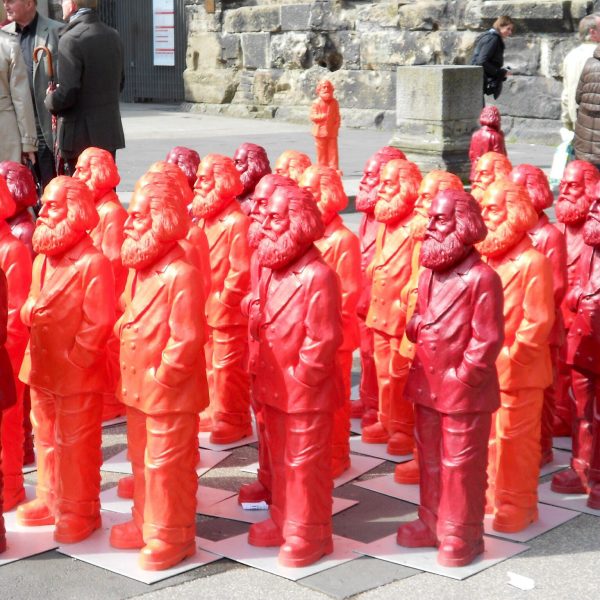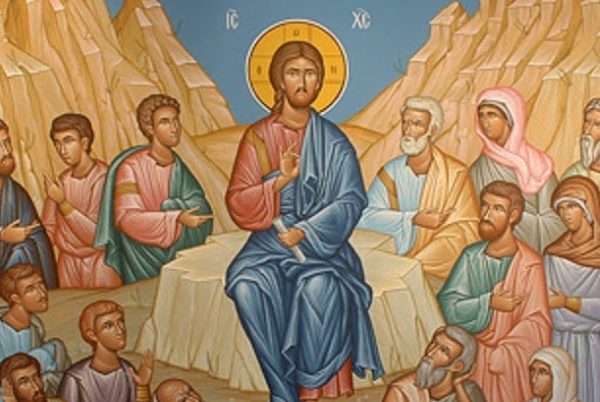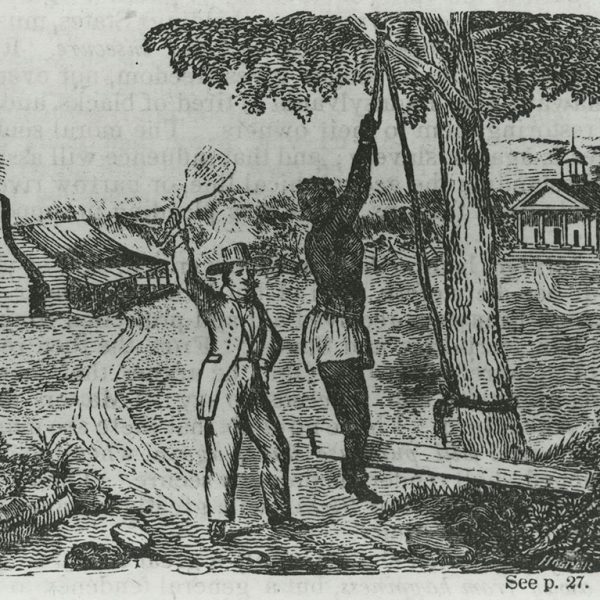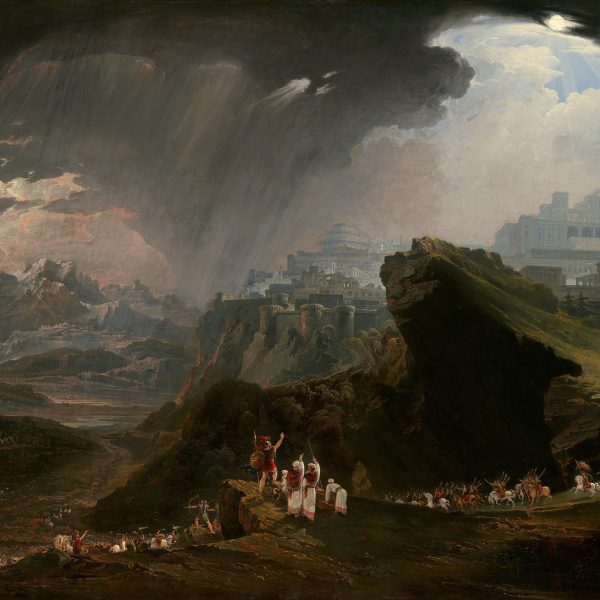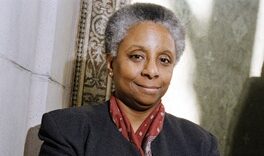
This piece is from the Political Theology Network archives originally posted on March 17th 2016.
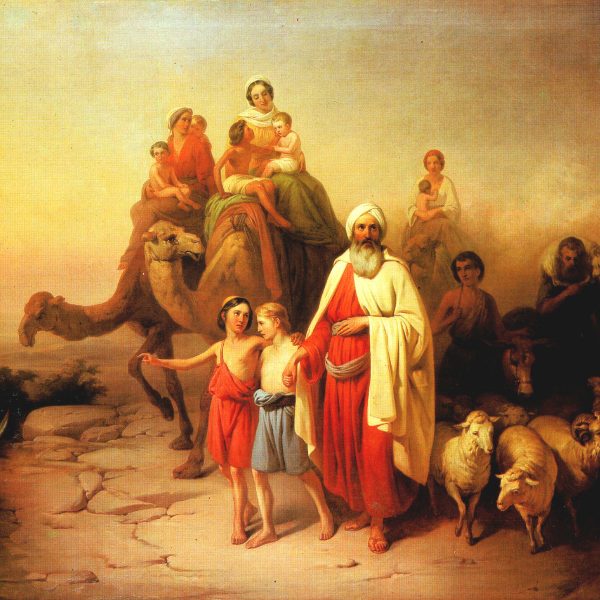
Faith is an enacted practice we live into through our whole selves, continuously laying our souls and bodies bare and vulnerable before the unknown. The consequences of this are thoroughgoing, touching every single aspect of our lives and making demands on both our loyalties and our activities in the world.
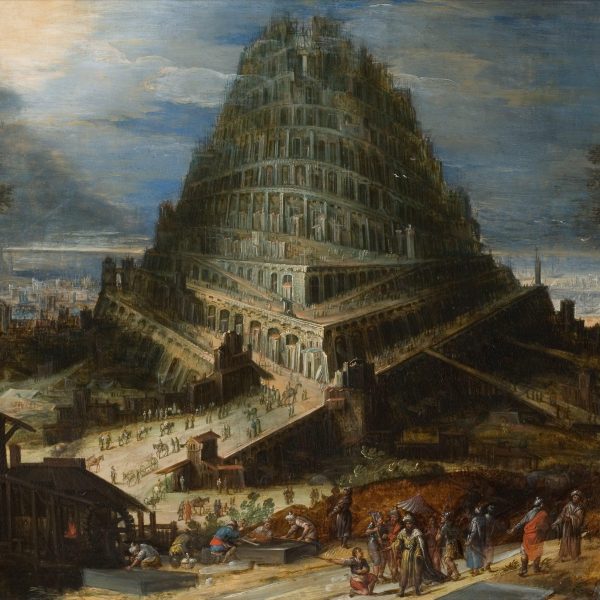
Rather than portraying human difference as the punishment of God, Babel and Pentecost are complementary stories, each highlighting God’s intention for cultural and linguistic diversity. As we draw near to Pentecost Sunday, may we also consider the inherent value of language as a cultural identity marker and partner as advocates for language preservation.
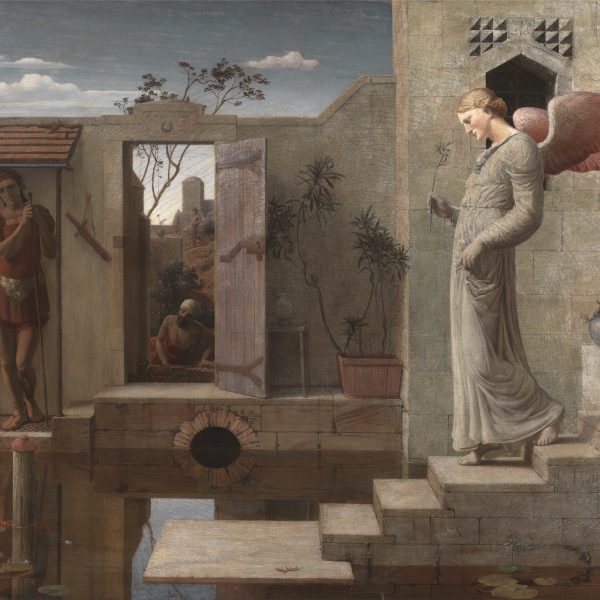
In our own world, the Bethesda story reminds us of the fact that social and economic systems meant to assist the needy often keep them in poverty. Our story suggests that the 40 million Americans who live in poverty will need to doubt and challenge the system, and to look for help outside of it. Further, our sermons will need to speak life into death as a reminder that there is life beyond the system.
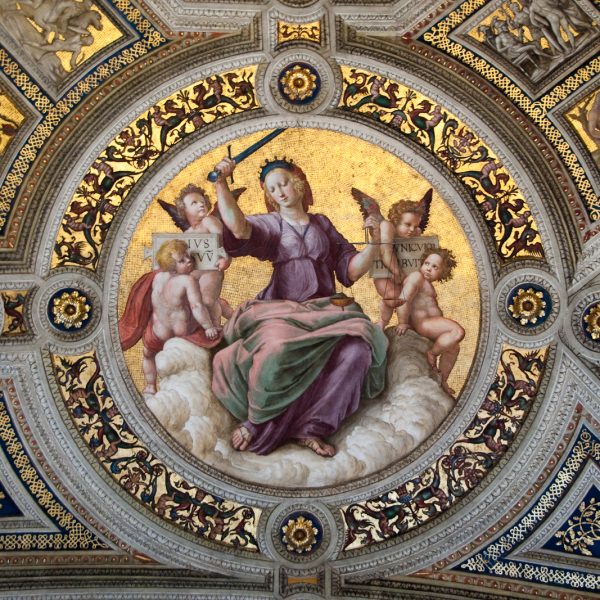
The familiar standards of “innocent until proven guilty” and “beyond a reasonable doubt” are meant to protect people from false accusations, but also contribute to the assumption that should doubt the stories of victims of assault and harassment, even when we know these crimes are depressingly common. The Christian preferential option for the poor, however, means that we should have a preferential option for victims, meaning that our presumption is to believe in and side with the victims of assault and harassment in the church and the public arena.
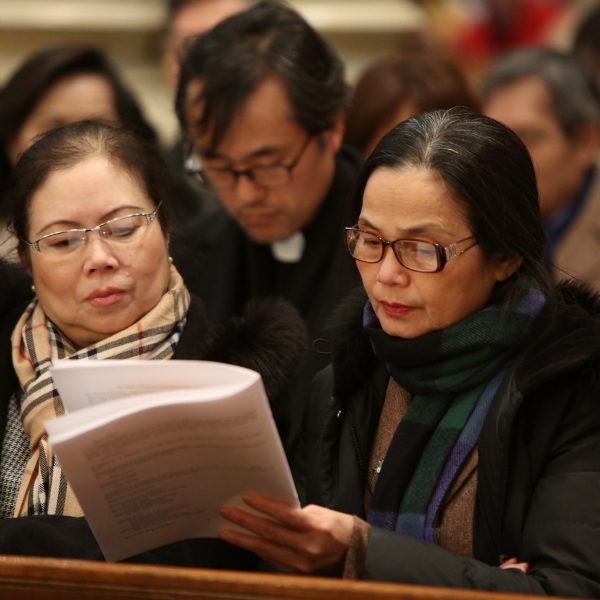
Although recognizing the discrimination faced by Chinese and Japanese Americans in the past, Open Wide Our Hearts could say more on the experience of Asian Americans as “model minorities” within the system of white racism.


